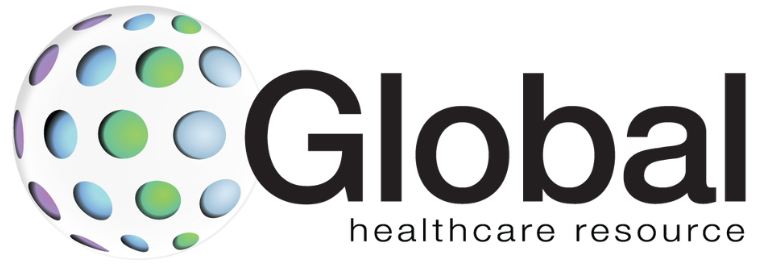
A non-profit group that assesses the cost effectiveness of medicines is partnering with a company that provides real-world evidence to incorporate the company’s data into its analysis.
The Boston-based Institute for Clinical and Economic Review said Monday that it would work with New York-based Aetion to generate RWE for use in its assessments. ICER unveiled plans to explore partnerships with organizations in order to incorporate RWE into the information sources it uses in its value assessments in a Jan. 31 announcement.
“ICER has long sought data generated outside clinical trials to enhance our understanding of how medical treatments perform in the real world,” the organization’s chief scientific officer, Pamela Bradt, said in a statement. “Aetion’s rapid-cycle analytics will enable us to quickly generate evidence with the needed rigor and transparency to include in our reviews. Through this partnership, we aim to set new standards for how RWE can better inform the consequential decisions that biopharma manufacturers, insurers and other stakeholders make every day around drug pricing and patient access.”
ICER said in its announcement last month that it would create a pilot program to use RWE to update its initial assessments of drugs that receive accelerated approval after they have been on the market for at least 24 months.
Aetion has already formed partnerships with a growing number of companies. In November, it announced a deal with Sanofi, whereby the French drugmaker would use RWE to better understand thee effectiveness, safety and value of its drugs.
Still, academic research has indicated that RWE continues to exhibit limitations. A study published in the Journal of the American Medical Association in October found that only 15% of clinical trials included could be feasibly replicated using currently available real-world data sources. While emphasizing that traditional clinical trials would still be needed to assess drugs’ effectiveness and safety, RWE could play a complementary role by examining concordance between randomized and observational studies and comparing trial populations’ generalizability with those in the real world, meaning outside of clinical trials.

Changes in Nurse Staffing Answer Clinician Demands
The ongoing nursing shortage facilitates high turnover rates since nurses know they won’t have difficulties finding new jobs. In order to retain and attract staff, it’s in a facility’s best interest to understand what nurses want.
Photo: metamorworks, Getty Images








